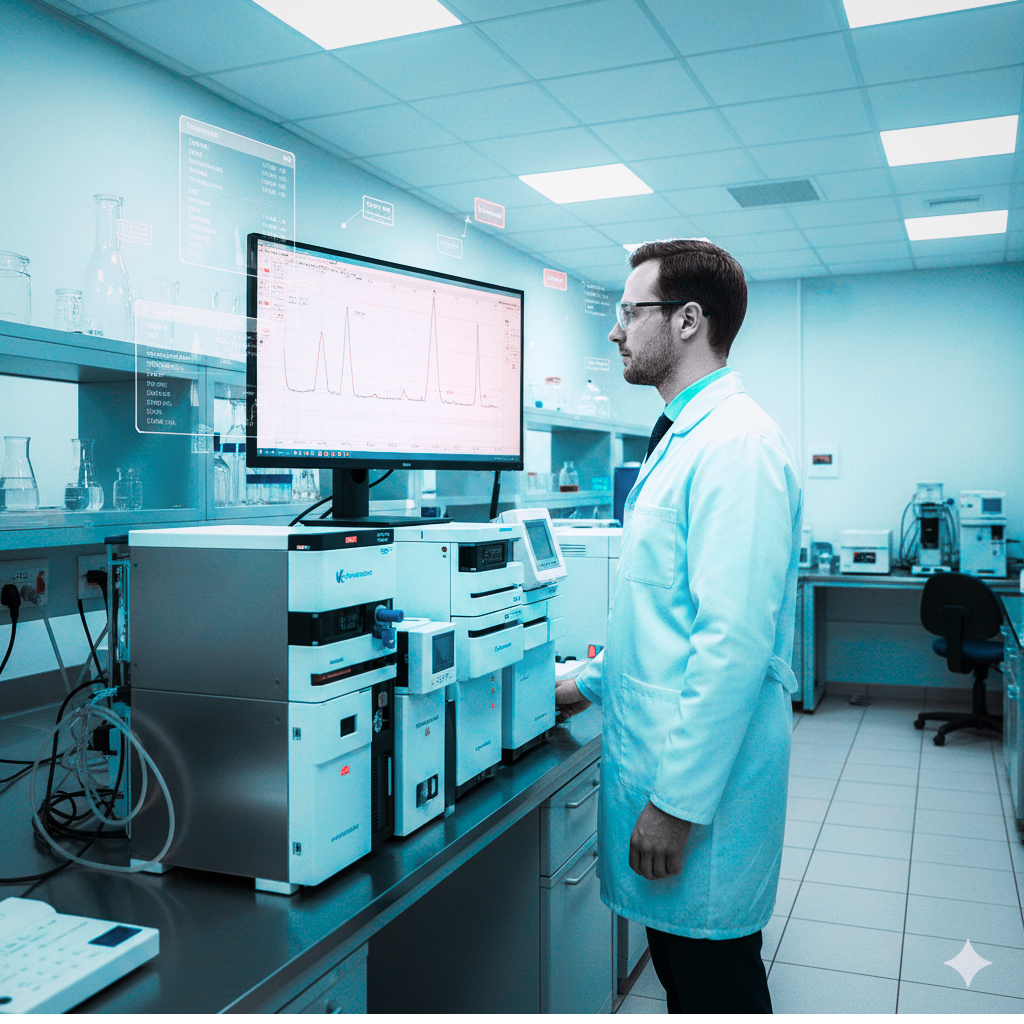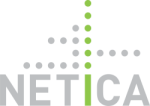Challenge / Need
ML chromatogram processing is transforming pharmaceutical and biopharma QC by automating peak detection and reducing manual review. With machine learning models trained on validated data, laboratories achieve faster analysis, improved accuracy, and consistent, audit-ready results across analytical workflows.
A global leader in pharmaceuticals sought to revolutionize its chromatogram processing by leveraging machine learning (ML). The challenge was to collect raw chromatogram data from various sources and apply ML models to process and annotate this data. Netica’s solution provided a unified, automated data flow, transforming how partners handled chromatograms.

Netica’s Solution: Automated ML Pipeline
Netica’s NetILab offered a comprehensive platform tailored to partners’ specific needs:
Transform Your Chromatogram Processing with NETILAB. ML applied chromatogram processing solution offers a cutting-edge approach to handling chromatograms. Whether you’re in the pharmaceutical industry or exploring other scientific applications, NetILab provides a tailored solution to meet your unique challenges.
Benefits
By implementing NETILAB, the partner achieved:



